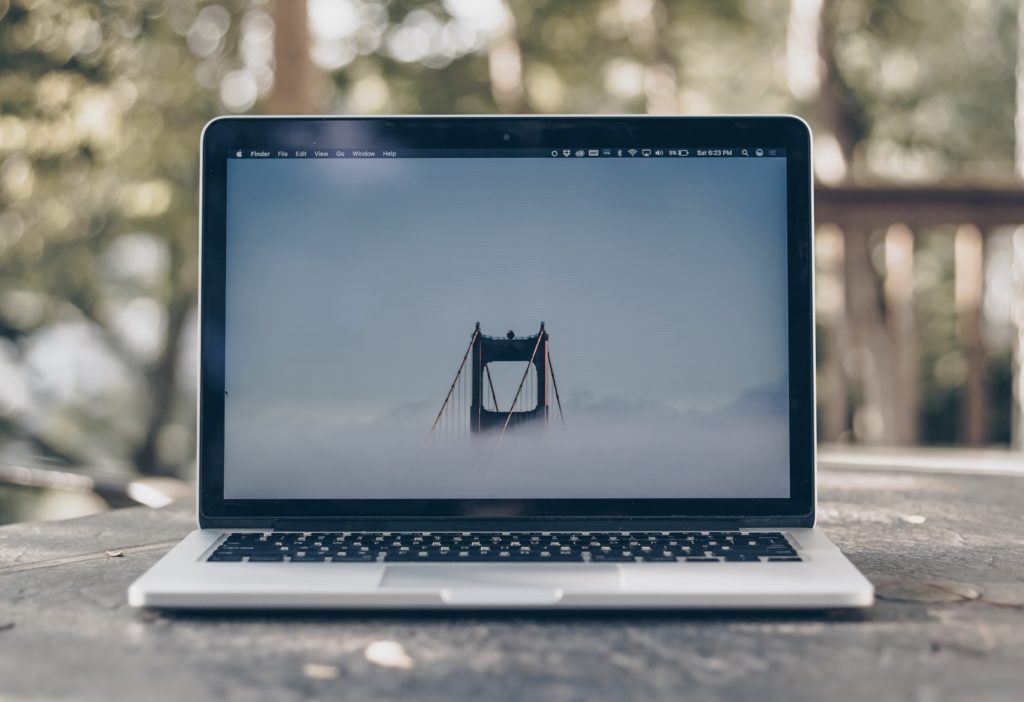
These are strange times indeed. Irrespective of the effects of living in the age of contagion and the mental hurdles following the imposition of enforced lockdown, our lives are more digitally interconnected than ever before. We work with colleagues across multiple time zones, permanently glued to our phones and smart devices, as we try to keep on top of our never-diminishing workloads, compounded by the growth of the “always on” work culture that many of us have to subscribe to as a consequence of changing (and increasingly international) work patterns.
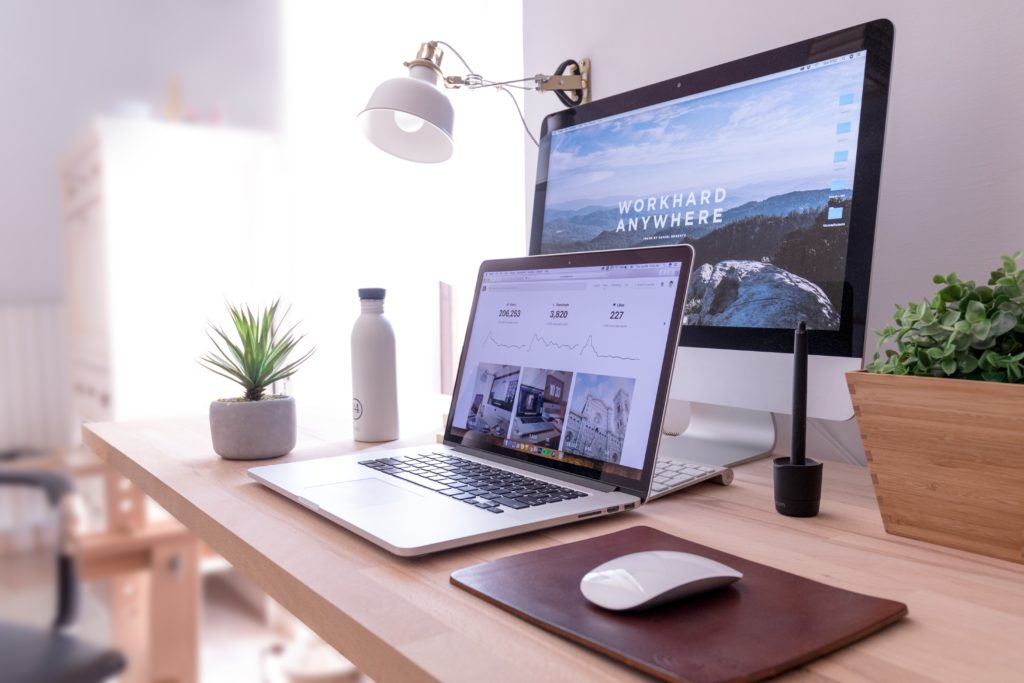
So perhaps it’s of little surprise that there has, in recent times, been an upwards incline in receptivity towards wellness trends, especially now that we are all the more aware of the positive effects of self-care. In short, we know we need to put our physical, mental and emotional wellbeing first before running the risk of burn-out – and in many cases, that could be as simple as ensuring that we’re getting enough sleep.
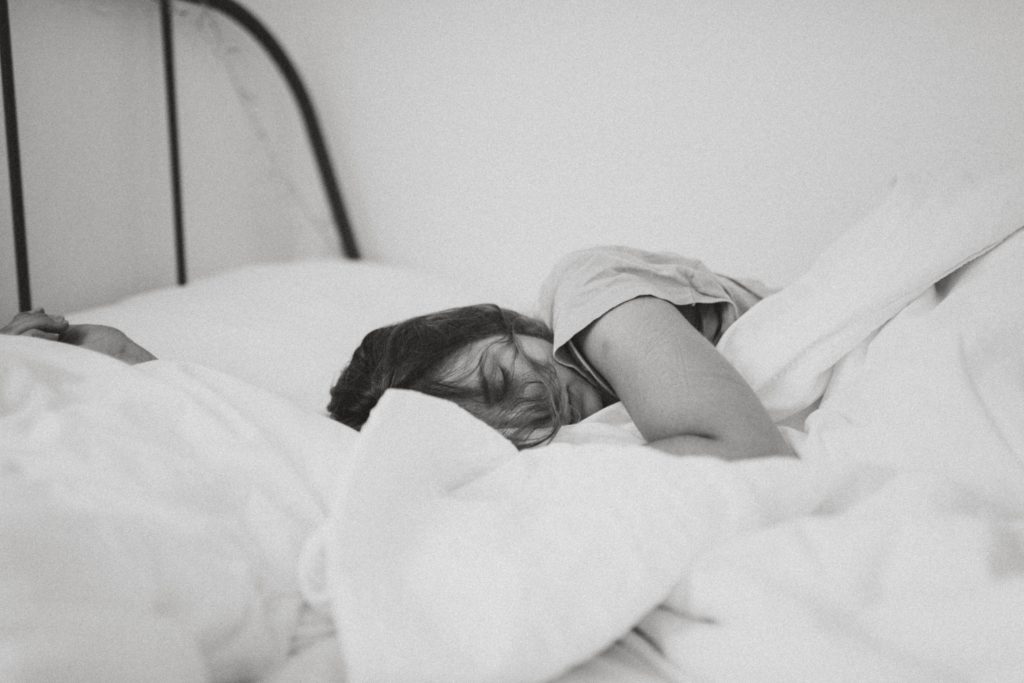
According to data released by the Global Wellness Summit, one of the biggest trends identified for this year was a shifting focus from simply analysing sleep behaviours and offering generalised sleep solutions, to a keener and sharper understanding of true circadian health. It is perhaps worth bearing in mind that the global sleep market is worth an estimated $432 billion, and is predicted by Frost & Sullivan’s 2019 assessment to rise by 35% to $585 billion by 2024.
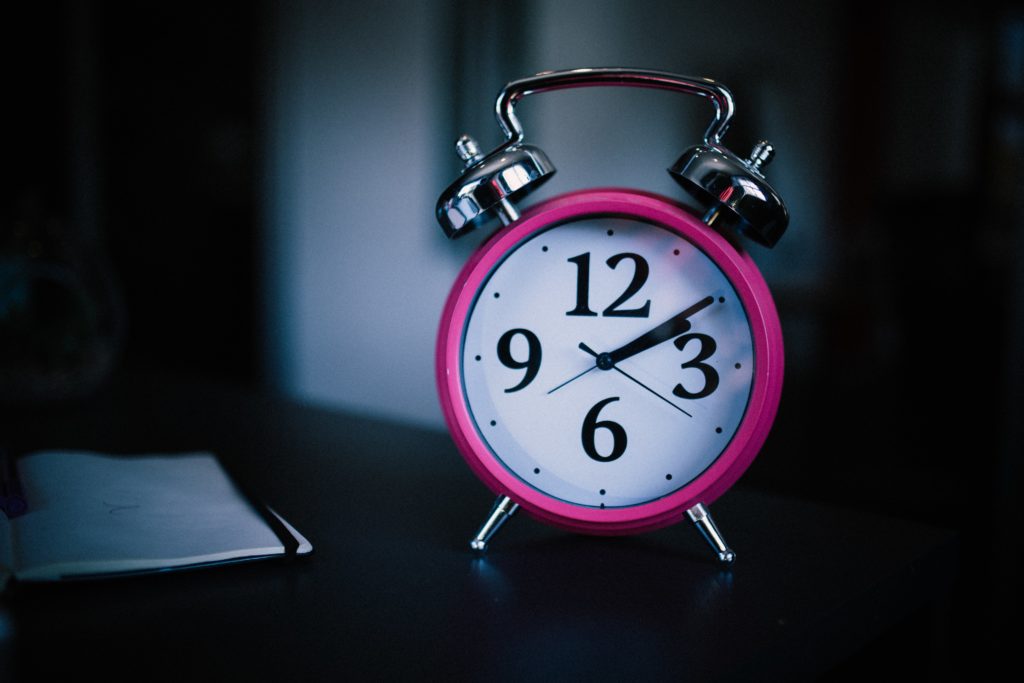
Many of the problems associated with poor sleep can be traced back to the disruption of the circadian rhythms – the internal body clock that humans have evolved to become hypersensitive to, in so far as it is primarily responsible for conditioning everything from our sleep cycles to our metabolic systems, even to regulating our core body temperature. However, our 21st century lifestyles are increasingly infringing on this more and more (for example, we are more commonly found glued to the bright lights of a smart device before bed, instead of winding down in a darkened room).
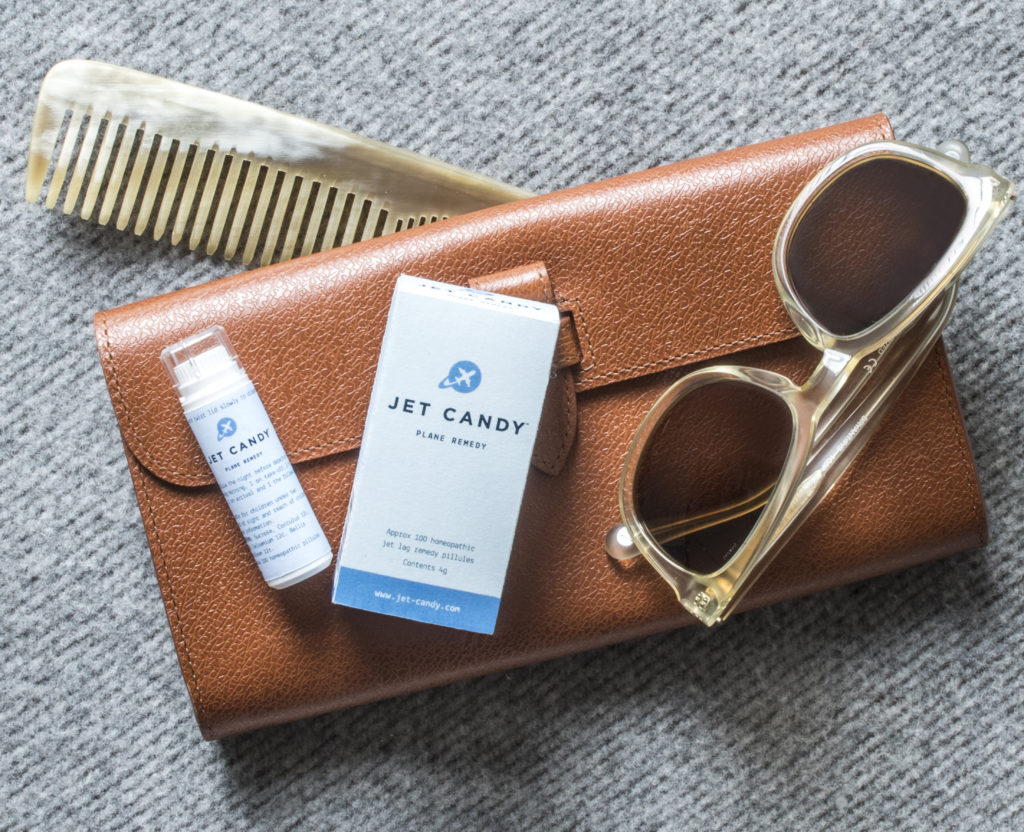
For many of us, it is simply impractical to overhaul our lives and really respond to what our circadian rhythms are telling us, but there are several “coping” mechanisms that we can set in place. Jet Candy, for instance, is a 100% natural remedy, developed with specially chosen ingredients – such as arnica, cocculus and gelsemium – which, as well as allowing the internal body clock to function during long-haul travel, are also associated with alleviating the stresses of air travel. The unique combination of these remedies, however, can also aid with other complaints – including fatigue, insomnia, exhaustion and anxiety. Next time you’re feeling stressed, try taking a couple of Jet Candy pillules to reduce your anxiety through this natural remedy.
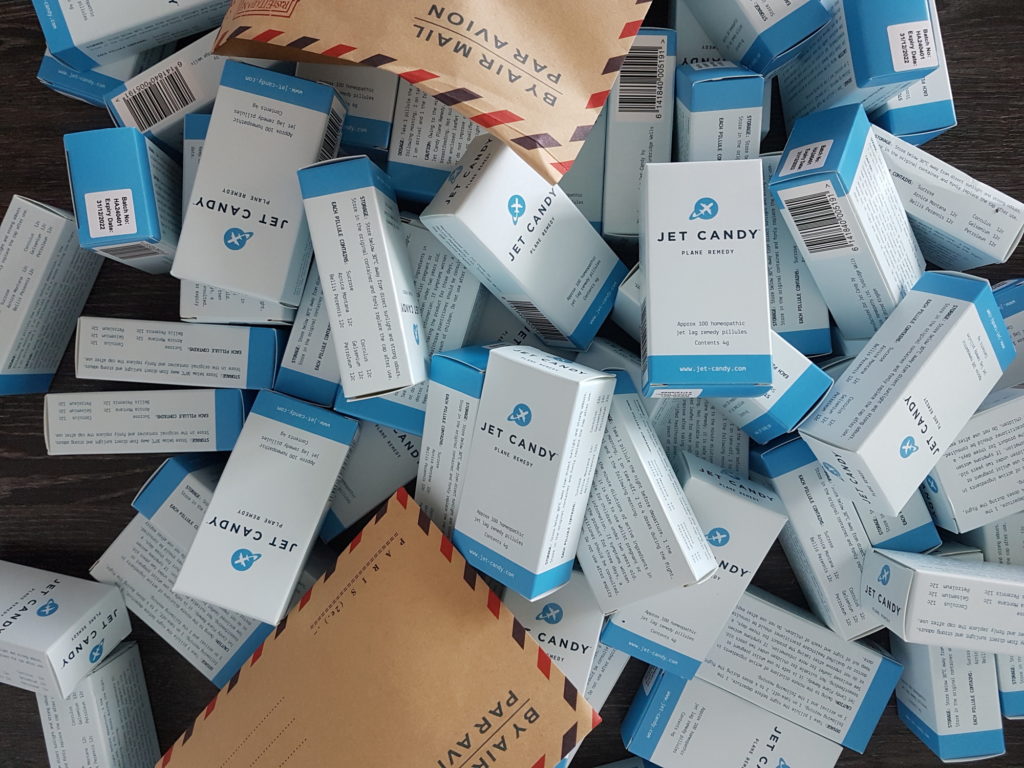
To really help you to relax at night – or alternatively, power up in the morning – it is worth joining membership website The Self Care Space. Developed by holistic therapist and yoga teacher Phoebe Greenacre, a curated library of guided meditations, sound baths, yoga flows and calming rituals allow you to really slow down and become grounded, giving yourself some much needed “me time.” The self-care tools and mindfulness techniques bring balance and calm, enabling you to connect more deeply with yourself both physically and spiritually. Whilst some of the videos in the online library are over an hour, there are also some as short as five minutes, making this the ideal way to fit some form of self-care into your day, at a time that suits you.
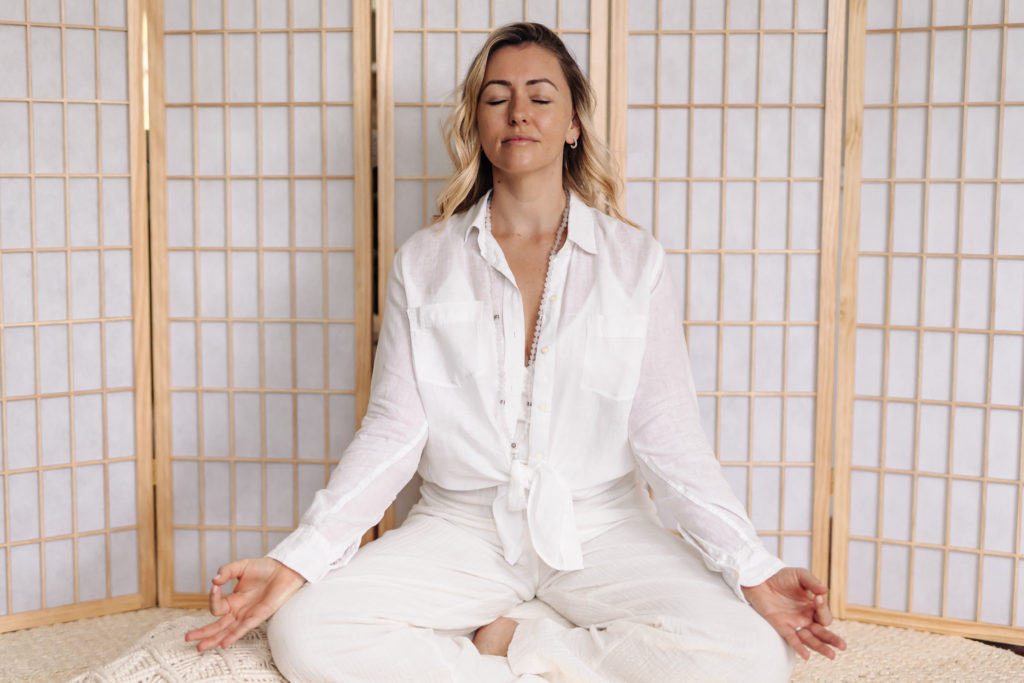
“I’m a big believer that self-care is a vital part of looking after your physical, emotional and mental health – and after six months in lockdown, my self-care rituals were what kept me grounded and sane,” Phoebe explains. “I started to share them with my online audience and saw how much people benefited from adding some self-care into their lives each day. And so The Self Care Space was born. It launched in August as a sacred space for growing, healing and developing.”
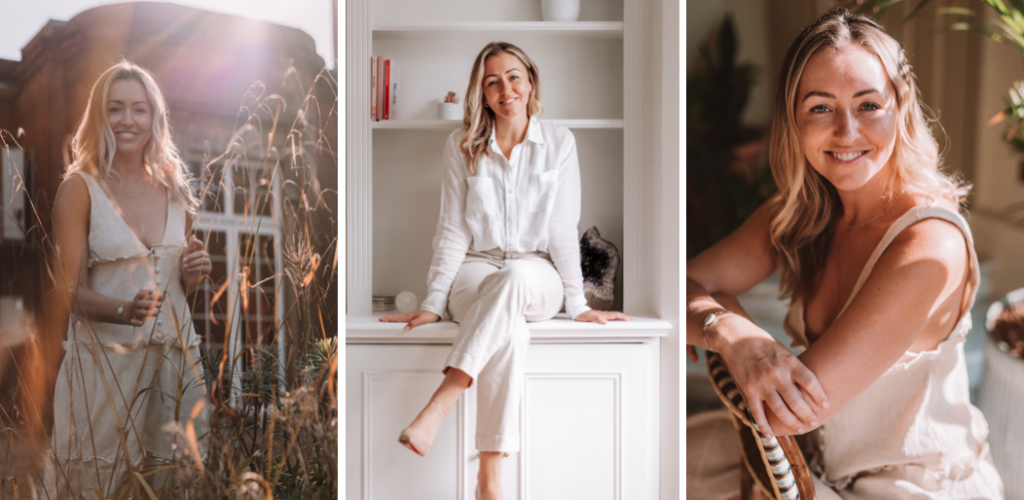
The nature of the differing time lengths of the videos was particularly important to Phoebe when developing the initiative. “Some days, members might only have time for a five minute meditation,” she says, “while on weekends, you can be super luxurious and line up a whole day of self-care. Hello weekend retreat at home with some girlfriends!”
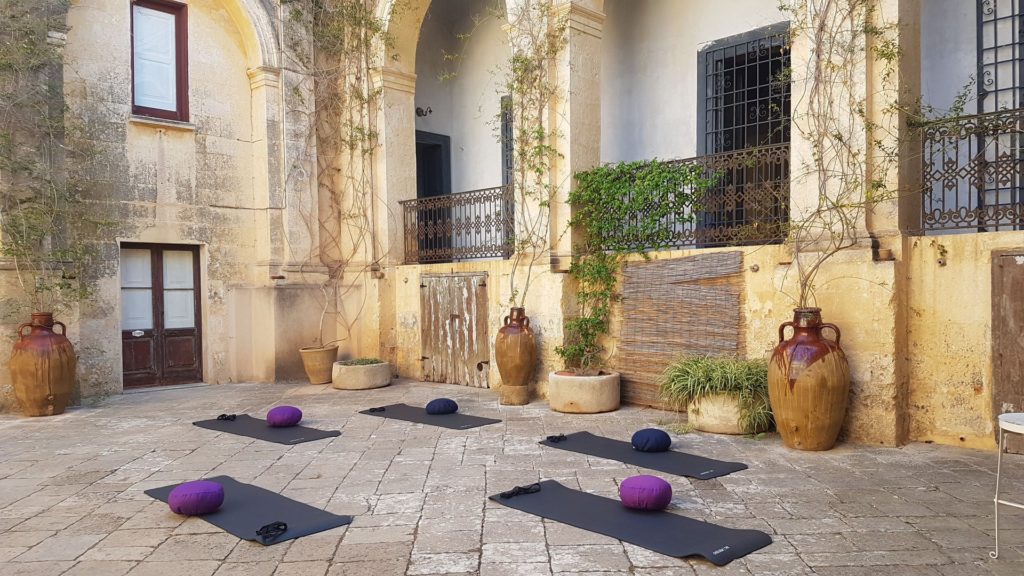
In addition to the curated video library, members of The Self Care Space also get access to an exclusive Facebook group, where they can not only connect with like-minded self-care addicts, but can also take part in Phoebe’s live events, which are hosted each month.
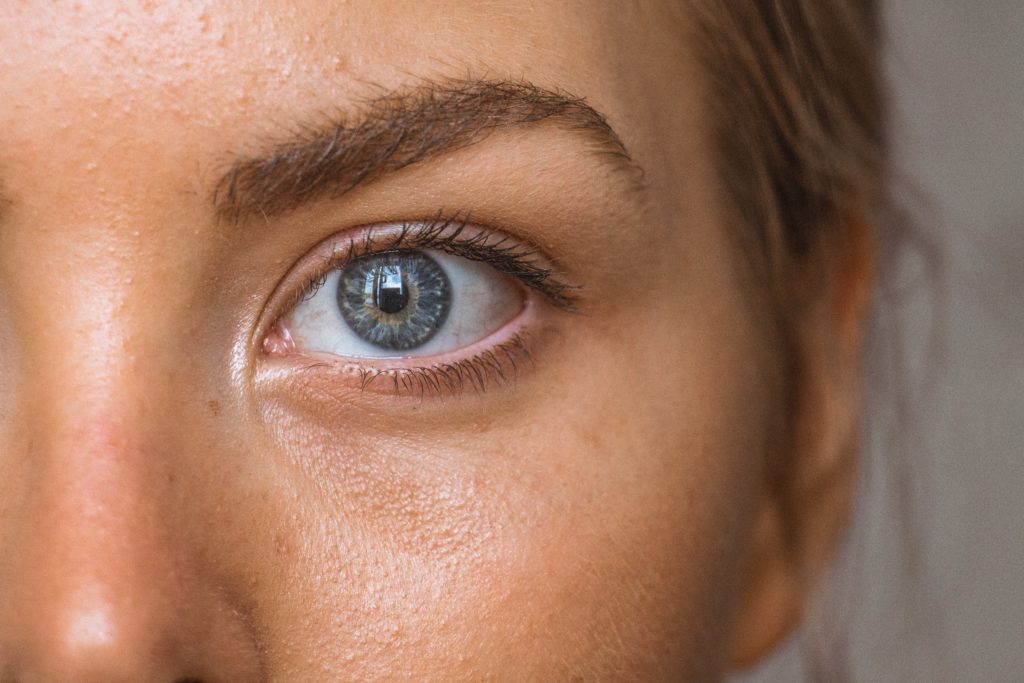
With the COVID-19 outbreak and resulting lockdown, taking some time out for self-care makes sense. Quite aside from the mental anguish that lockdown has induced, another side effect is that the number of employees working from home has increased dramatically across the world, with stats released by the Office of National Statistics revealing that the UK alone has seen nearly half (47%) of its employees working remotely in the midst of lockdown. This new style of working has seen more of us spending large amounts of time staring at our computer screens with very few breaks, making us prone to experiencing eye strain and eye fatigue. To help combat this, vision care experts Lenstore collaborated with Phoebe to identify five exercises you can try at home to help reduce the strain on your eyes. Try them yourself:
Finally, for the perfect night’s sleep, make time to download the Sonic Tonic app, a collection of immersive soundscapes developed both for mental relaxation and for alleviating anxiety. The “ingredients” (i.e. the sounds used in each Tonic) have been carefully combined to create really effective remedies that address a wide range of ailments. Every Tonic contains its own balanced mix of two or more auditory techniques that have been individually combined to have a specific effect – from building confidence, to reducing stress, to inducing deep sleep.
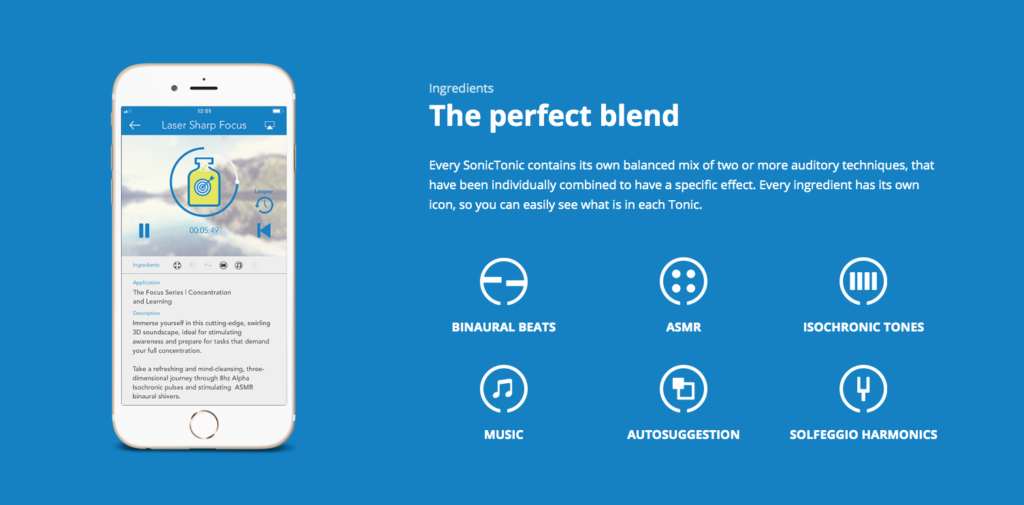
Whilst we may not always be able to immediately tune out the daily distractions that vie for our attention, we can at least learn to take some time just for ourselves – and maybe even relax in the process.

